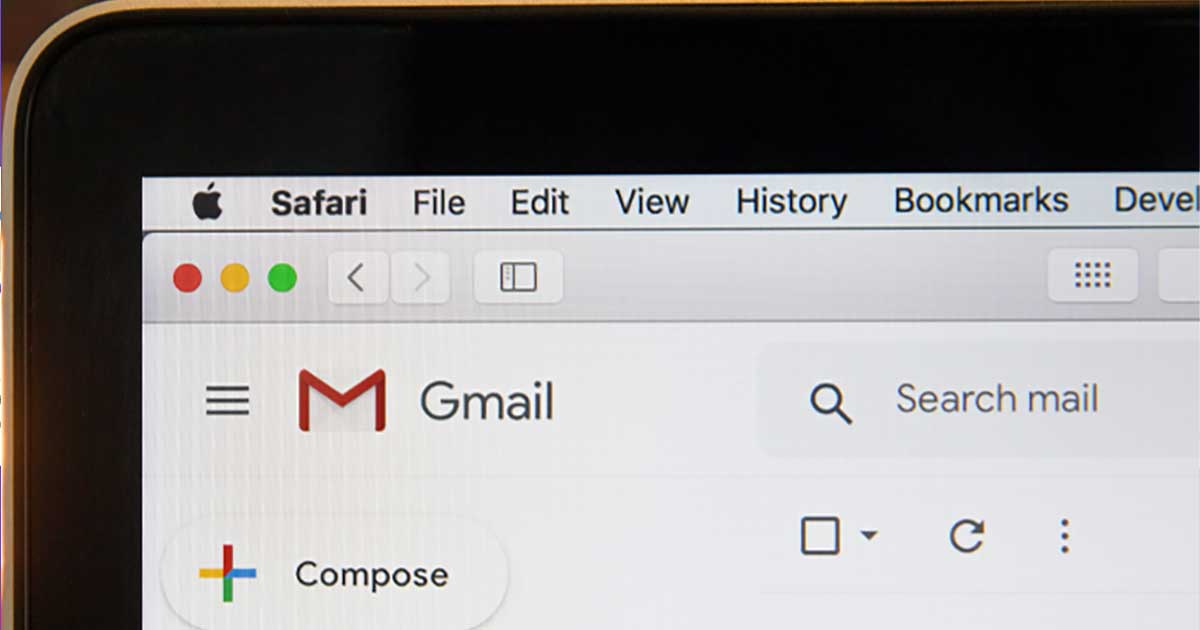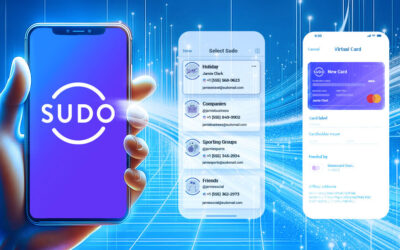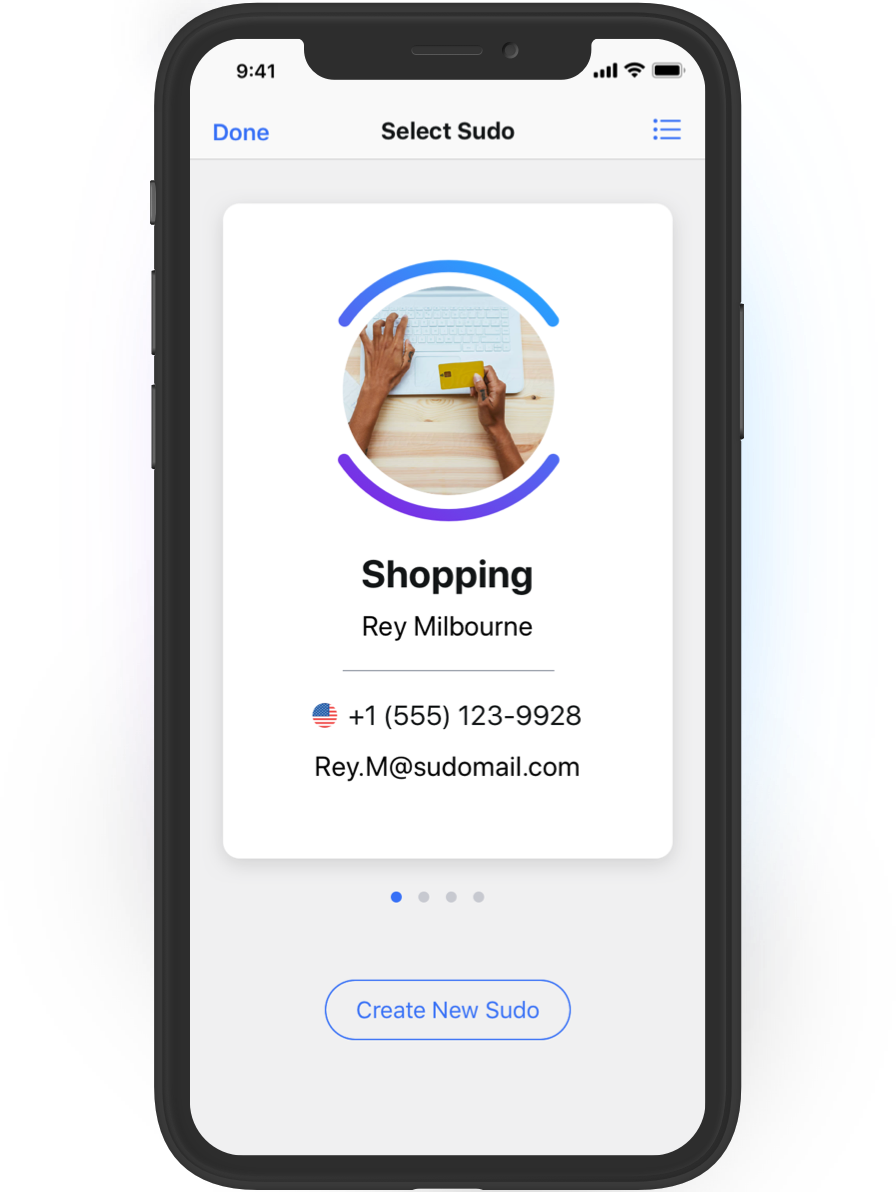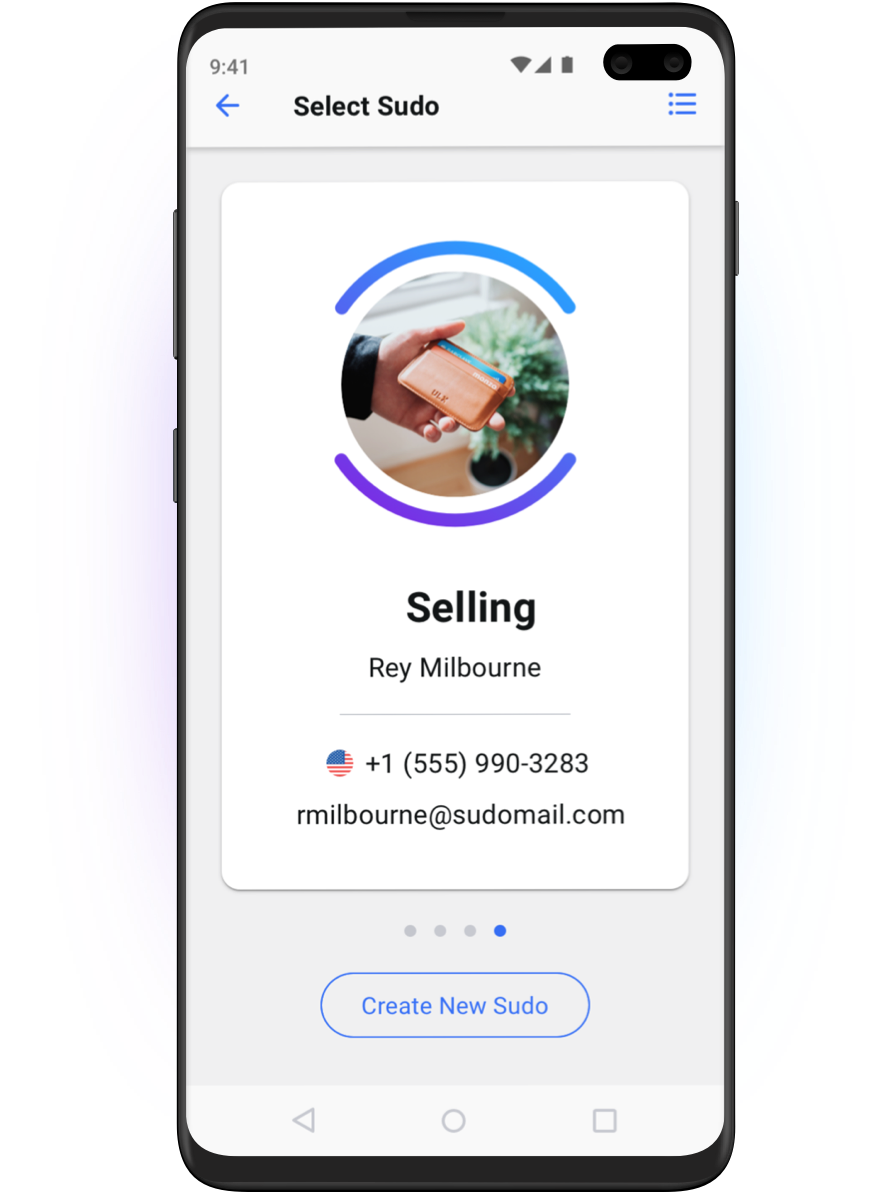If you’re a Google Gmail user, you better read on because we have bad news for your privacy.
Google’s email service Gmail is the world’s largest, with more than 1.5 billion active email accounts globally. If you use Gmail, you’d know that the service gives you a feature called Plus Addressing which permits you to use variations on your Gmail account’s email address for different purposes. In a nutshell, you can vary your Gmail email address by appending a plus sign and any other valid email address characters when sending or receiving email, to give the effect of different accounts.
So, for example, a person with Gmail address ‘mary.smith@gmail.com’ can use variations on this for different purposes, such as ‘mary.smith+shopping@gmail.com’ for accounts on online shopping sites and ‘mary.smith+social@gmail.com’ for signing up to social media services. This feature is great for tagging, sorting email messages and applying mail filter rules—and, at first glance, it might seem like a nice privacy feature too. But a closer look reveals it is certainly not good for your privacy. Here’s why:
First, while Plus Addressing gives you a way to filter your email, the relationship between the email address variations that you can choose is obvious, because the addressing method is public and well known. This means that any data broking companies and systems that are aggregating personal data from multiple sources can correlate with high confidence that ‘mary.smith+shopping@gmail.com’ and ‘mary.smith+social@gmail.com’ are the same person. As a result, Plus Addressing does nothing to mitigate the pervasive risk of surveillance capitalism. At best, in some cases, it might educate you about which of your service providers is mishandling your data but by then it’s too late and the damage is done.
Second, all of the email received to or sent from the Gmail account is visible to Google and its third parties. While Google stopped scanning Gmail messages for the purpose of targeted advertising in 2017, this wasn’t because they had turned over a new leaf on consumer privacy. It was because they already know such much about Gmail users that scanning Gmail was unnecessary. What’s more, when you give any service access to your mailbox that service can also scan and share data, perhaps in ways beyond your reasonable expectations. Aside: Google is not alone here.
MySudo – email privacy done right
A much better way to protect the private information in your email is to use MySudo’s private and secure email service. With MySudo, you can take advantage of the powerful privacy strategy of compartmentalization by using multiple Sudo profiles to simply separate your interactions when you shop, sell, socialize and more.
The key here is that the email addresses you choose for each of your Sudo profiles (you can have up to nine profiles) can be distinct and unrelated to each other, which makes it significantly more difficult for data brokers and advertisers to know that the same person—you—controls all these different email addresses. You’re no longer a Mary Smith at risk; you’re you in control.
All data stored on the MySudo cloud is encrypted. Only you (not even Anonyome Labs, the makers of MySudo) can read your stored emails. And all Sudo-to-Sudo email (as well messaging, voice, and video calling) is end-to-end encrypted.
Now that is good news for your privacy.
Read more about the power of MySudo email here or head straight to download MySudo for iOS or Android.







